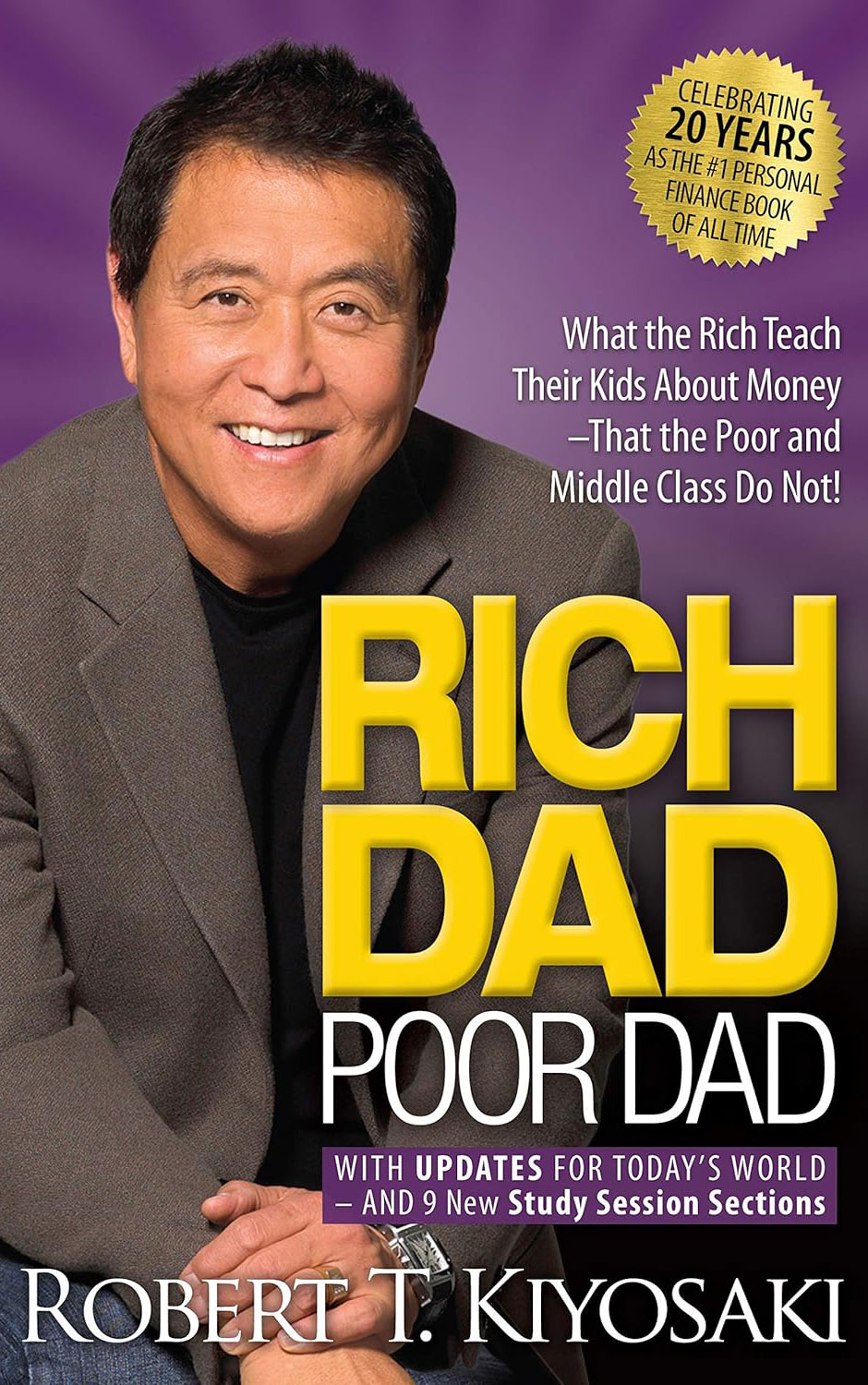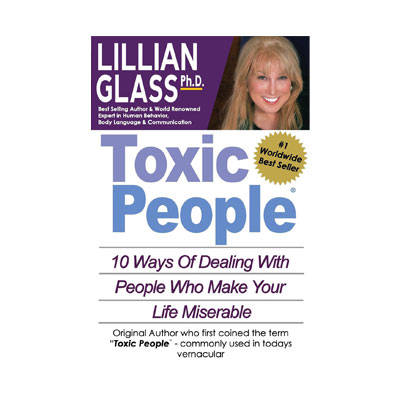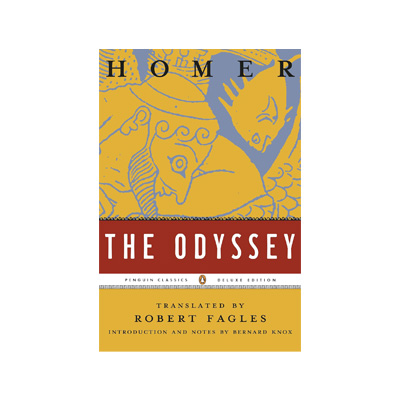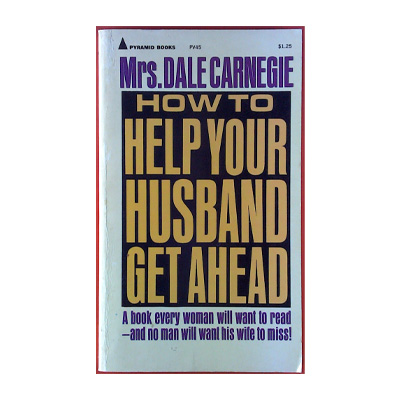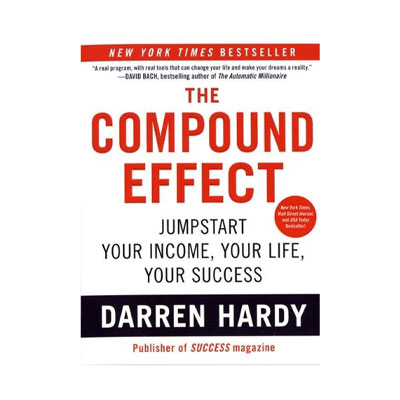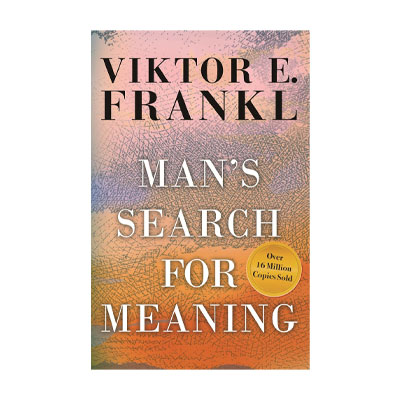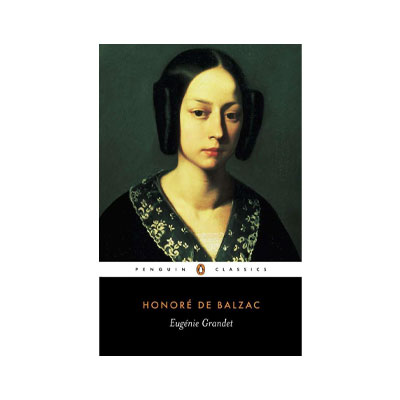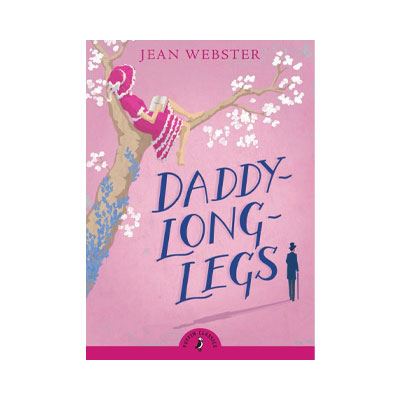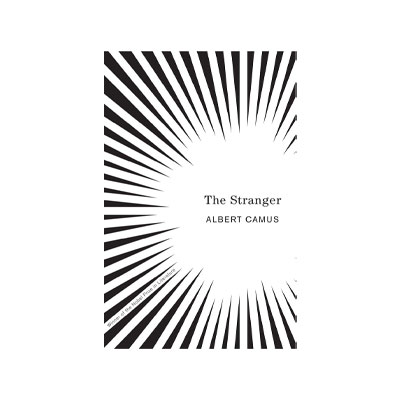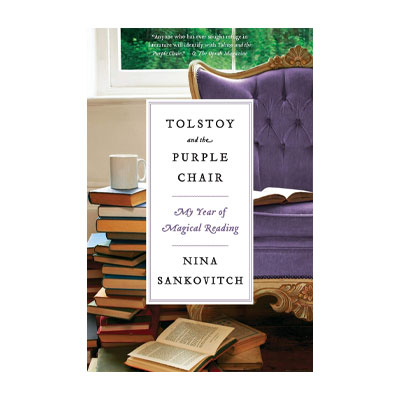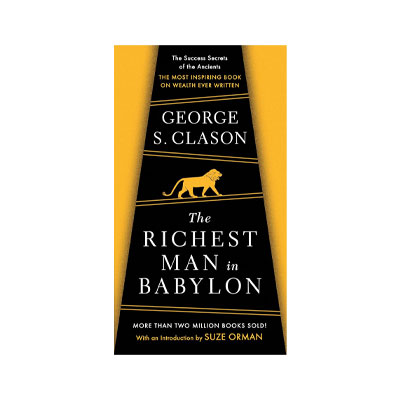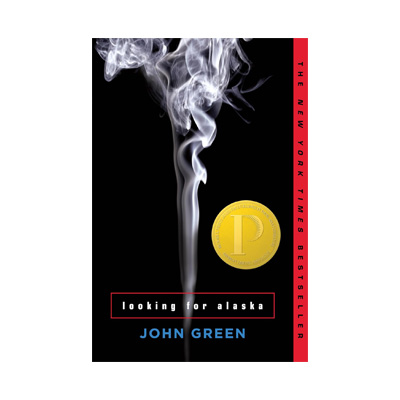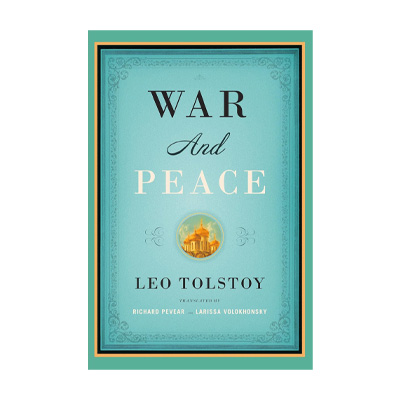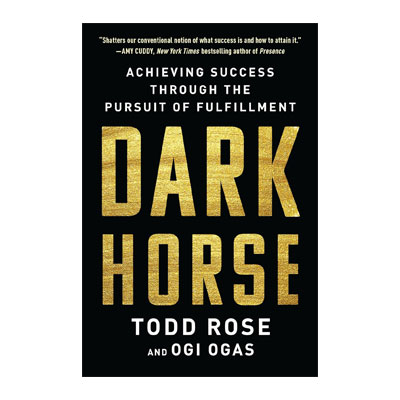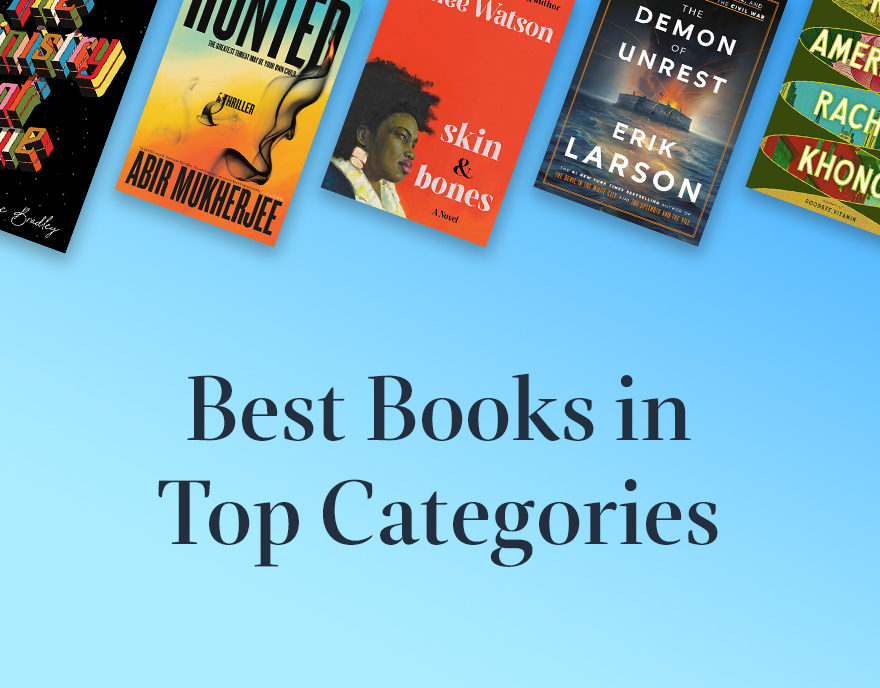Book Summary
In his book "Rich Dad Poor Dad" Robert Kiyosaki offers recommendations to his audience, using a style that is highly applicable in writing autobiographies. By following his advice, achieving wealth and financial independence becomes very easy and attainable. He firmly believes that the insights he presents in this bestselling work, which has appeared on The New York Times bestseller list, are lessons not taught in families, schools, or various other sectors of society. His main focus is to teach us how to become wealthy and stay wealthy, as seen among the upper classes of different communities. Kiyosaki shares his experiences, which support his claims and serve as the best evidence for them, in a manner that is engaging for the audience.
He discusses the power of the mind in increasing human assets and presents intriguing ideas, including that the amount of money saved is far more important than an individual's income. Wealthy individuals are those who are always in the process of accumulating more assets, while poor individuals commit themselves to various loans and debts through incorrect methods, hoping to one day add to their possessions. For example, in the early sections of the book, Robert Kiyosaki emphasizes the importance of understanding the difference between assets and liabilities.
Instead of burdening ourselves with heavy debts by purchasing a car or a house, which can lead to long-term financial crises, we should think about processes that "put money in our pockets" rather than take it out. The author's ingenuity and depth of research become even more apparent when he tells audiences that even if they study for years and graduate with advanced degrees to earn high incomes, the only pleasant outcome they might achieve is escaping poverty—not becoming wealthy.
This means they will still have to work for an employer, and as long as they have a job, their income remains intact. However, as soon as an employer shuts down their business or lays them off for any reason, their income suddenly drops to zero. Kiyosaki is also concerned about the lack of financial intelligence and risk management education, which provides individuals with both the knowledge and courage needed to accumulate and invest wealth. He believes that if this issue is not addressed quickly with proper and rapid education, it could unfortunately lead to disaster.
About the Author
Robert Toru Kiyosaki is a successful American businessman and entrepreneur born on April 8, 1947. He is also considered one of America's renowned authors and trainers. Kiyosaki, raised in a Japanese-American family in Hawaii, pursued his education during high school and university in New York before joining the United States Marine Corps. He even has a history of serving in the Vietnam War. After returning from this conflict, he established a men's wallet manufacturing company and later founded an international business and investment education institute, teaching these subjects in seven countries.
Who Should Read the Book?
"Rich Dad Poor Dad" which has sold over 3 million copies in more than 109 countries and has been translated into over 50 languages, is suitable for those who are serious about becoming wealthy and have realized that their priority should be learning the correct way to achieve it. Additionally, parents who have decided to teach their children the right ways to acquire, maintain, and increase wealth should undoubtedly make reading this book a priority.
Table of Contents
The exceptionally intelligent Japanese author divides the book into six sections, each containing a clear message. These messages are elaborated upon in detail across various pages and are meant to be internalized by the reader. The section titles can be expressed with statements such as:
- The amount of money you earn is worthless; rather, it is the amount of money you save that holds value.
- Poor people and the middle class constantly chase money, while money chases wealthy individuals.
- Intelligent people do not take steps forward; instead, courageous individuals always move forward.
- The greatest secret of wealthy individuals is their businesses.
- Wealthy individuals focus all their attention on their assets while poor individuals concentrate on their income sources.
- People who constantly try to prevent their own failure end up hindering their own success.
